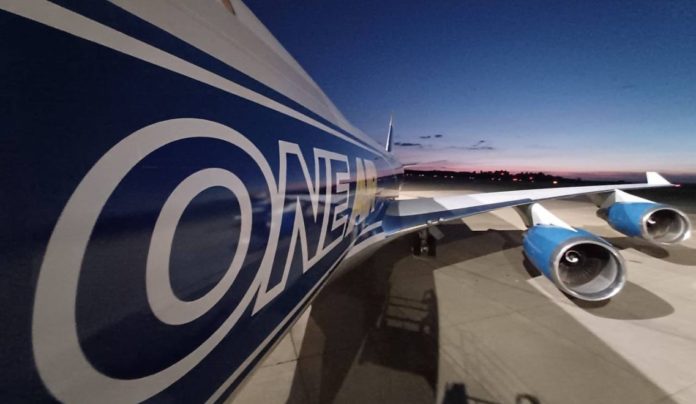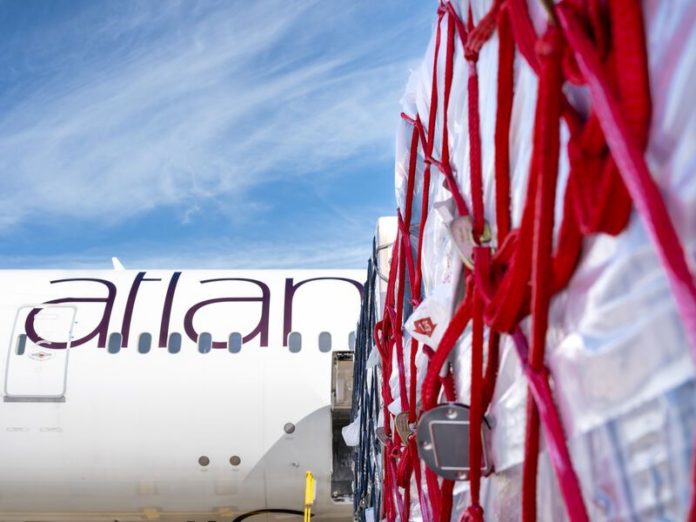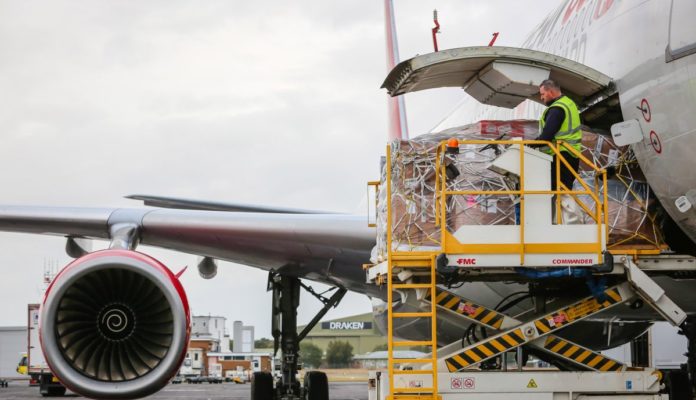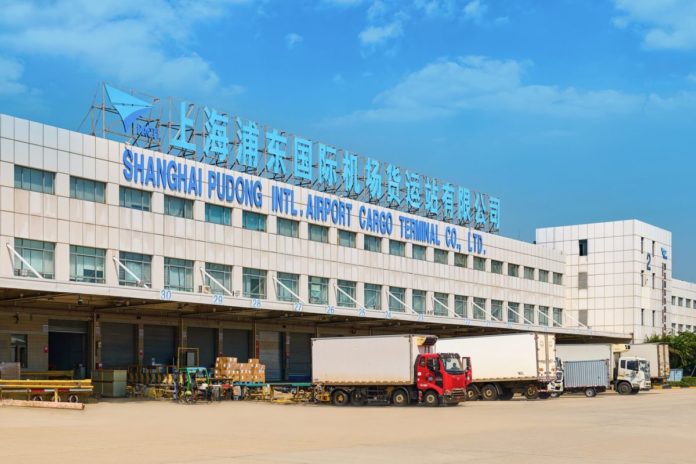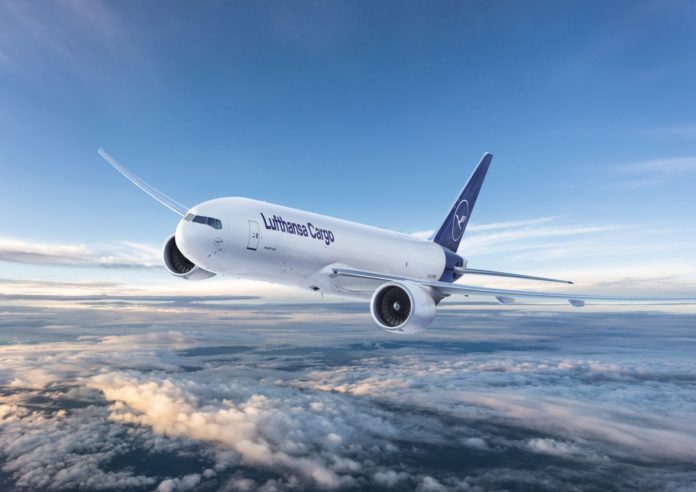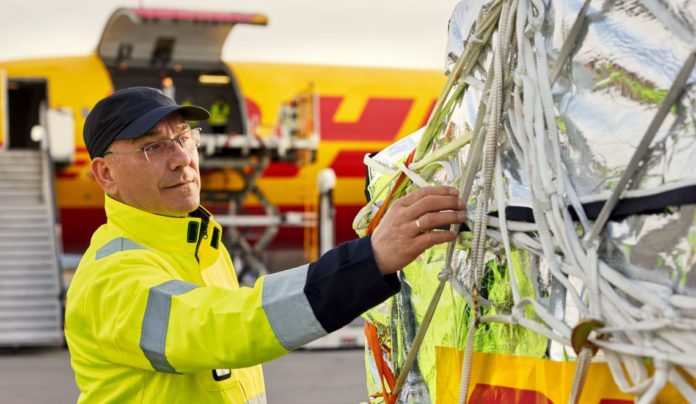German rail group Deutsche Bahn has signed an agreement to sell DB Schenker forwarding arm to Danish owned logistics giant DSV for € EUR 14.3 billion, or €14.8bn including expected interest.
Deutsche Bahn said that DB Schenker’s central functions are to be retained, including those at DB Schenker’s location in Essen, Germany and anticipated that five years from now, the combined organization will have more employees in Germany than Schenker and DSV have today. Social commitments, would protect jobs, and will apply for two years after completion of the transaction.
DSV said it would invest around one billion euros in Germany over the next three to five years.
The agreement is subject to final approval by the Supervisory Board of Deutsche Bahn AG and the German Federal Government in and the transaction is expected to be complete during 2025.
Deutsche Bahn said the proceeds from the sale will remain entirely within the DB Group and will significantly reduce debt and allow it to focus on and invest in its core rail business.
DSV group chief executive Jens H. Lund, Group said: “We have a clear plan for how we want to become one of the world’s leading transport and logistics company together. Hand in hand and under one roof, the employees of DSV and Schenker will combine our strengths to create a true global leader in the industry. This strategic combination with significant investments in competitiveness will ensure long-term growth and create sustainable jobs in Germany.”
Deutsche Bahn chief executive Richard Lutz said: “The sale of DB Schenker to DSV marks the largest transaction in DB’s history and provides our logistics subsidiary with clear growth prospects. We are focusing our business on rail infrastructure in Germany that serves the common good as well as on climate-friendly passenger and freight transport in Germany and Europe.”
He added that DB Schenker will gain a financially strong owner and new growth prospects with DSV. With its leading position in numerous markets, DSV opens up considerable potential for DB Schenker and would create a global leader in transport and logistics, with DB Schenker as a pivotal pillar. Germany as a logistics location will benefit considerably from this.
Chief executive of DB Schenker, Jochen Thewes, added: “With more than 150 years of experience, DB Schenker is one of the strongest and most innovative teams in transportation and logistics. The last few years have been the most successful in our company’s history and we have proven that DB Schenker is fit for the future. We are excited about the future prospect of our combined businesses. Together with DSV, our goal is to transform the industry and build a truly global leader with common European roots – for the benefit of our employees and our customers.”
Deutsche Bahn launched the sales process for its logistics arm in December 2023. Other bidders included AP Moller-Maersk, which dropped out of the bidding in July, leaving a two horse race between DSV and investment firm CVC Capital Partners.
DB Schenker has around 72,700 employees at over 1,850 locations in more than 130 countries, offering land, air and sea freight transport, logistics solutions and global supply chain management.








